Autism Practices
Learning Specialists & Leading Teachers

Autism Practices
Learning Specialists & Leading Teachers
Social Skills Development
Developing social skills is essential for children, and for autistic children, this process may require more targeted strategies and support. Social skills encompass a variety of abilities including play skills, conversational skills, emotional skills, and problem-solving skills. Here are some specific areas of focus and strategies to support social skills development in autistic children.
Key Social Skills:
Play Skills:
Conversational Skills:
Emotional Skills:
Problem-Solving Skills:
Strategies for Developing Social Skills
Autistic children can improve their social skills with consistent practice and support. The following strategies are effective in building these skills:
Practice Play: Engage in structured play sessions to practice turn-taking, following rules, and coping with winning and losing. Use toys to act out scenes and play games that encourage sharing and cooperation.
Praise: Provide positive reinforcement when the child demonstrates appropriate social behaviours. For example, praise the child for taking turns or following game rules.
Role-Play: Simulate social situations through role-play to help the child practice conversation skills and emotional responses. This can be done with peers or adults acting out different scenarios.
Social Stories: Use social stories to explain specific social situations and appropriate responses. These stories can help the child understand the expectations and consequences of different social interactions.
Video Modelling: Show videos that model positive social interactions and behaviours. Watching peers or adults engage in appropriate social behaviour can provide a clear example for the child to follow.
Visual Supports: Use visual aids such as charts, pictures, or symbols to illustrate social rules and expectations. Visual supports can help clarify abstract concepts and provide a tangible reference for the child.
Examples:
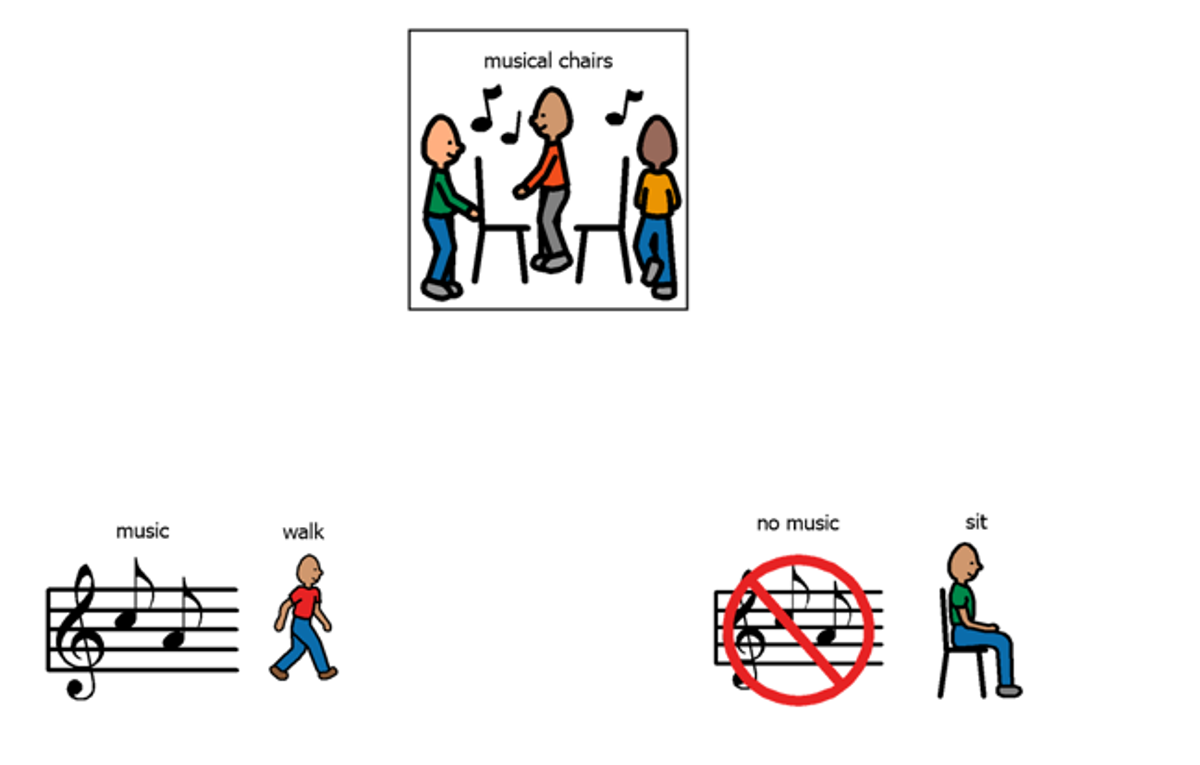

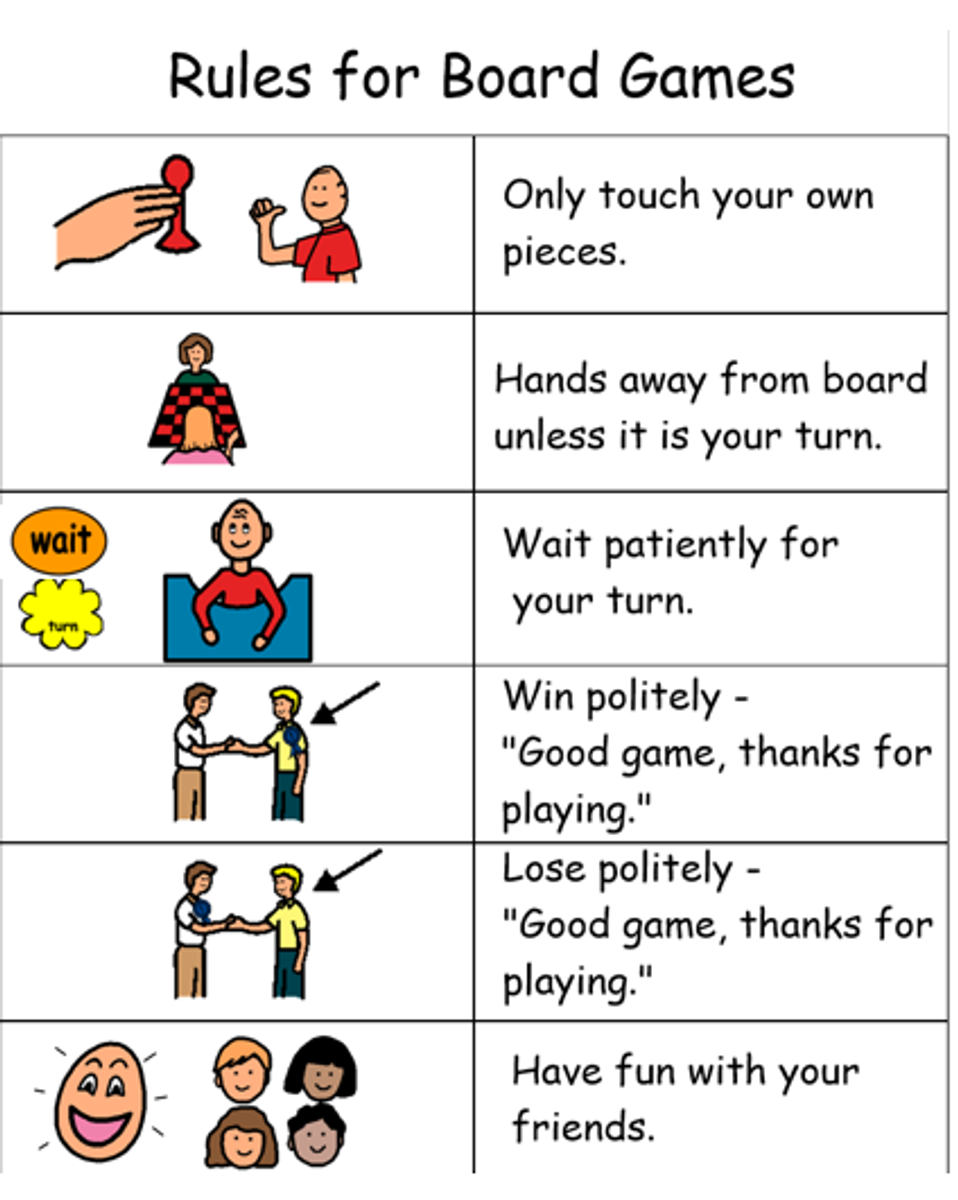

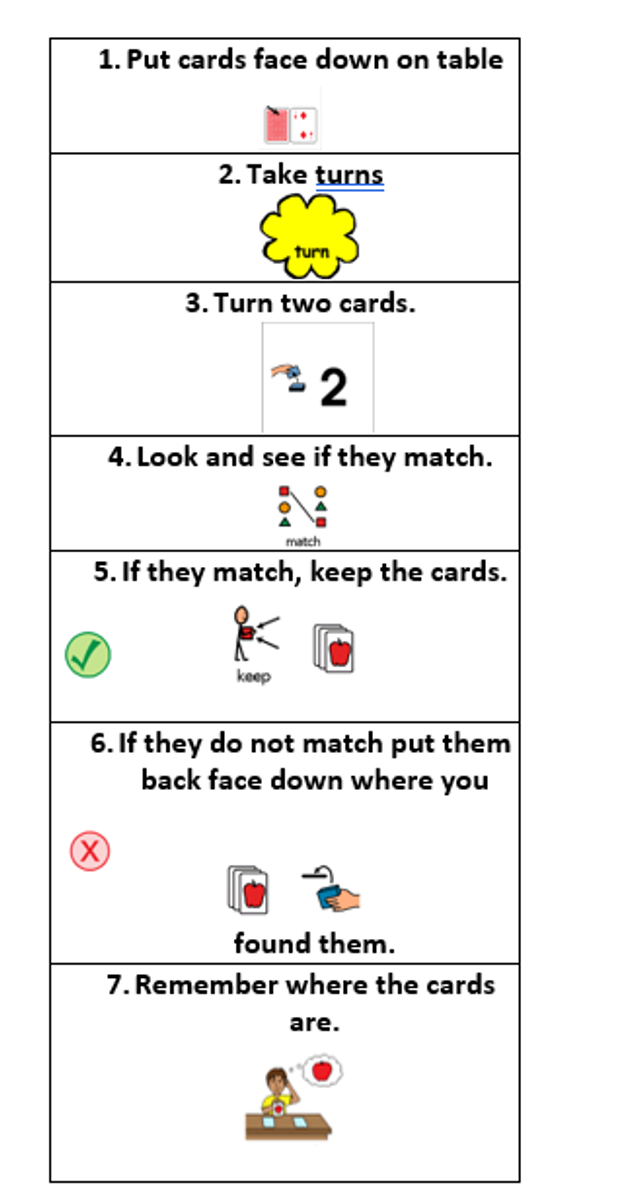

Memory Game Rules
Turn-Taking and Waiting
Turn-Taking:
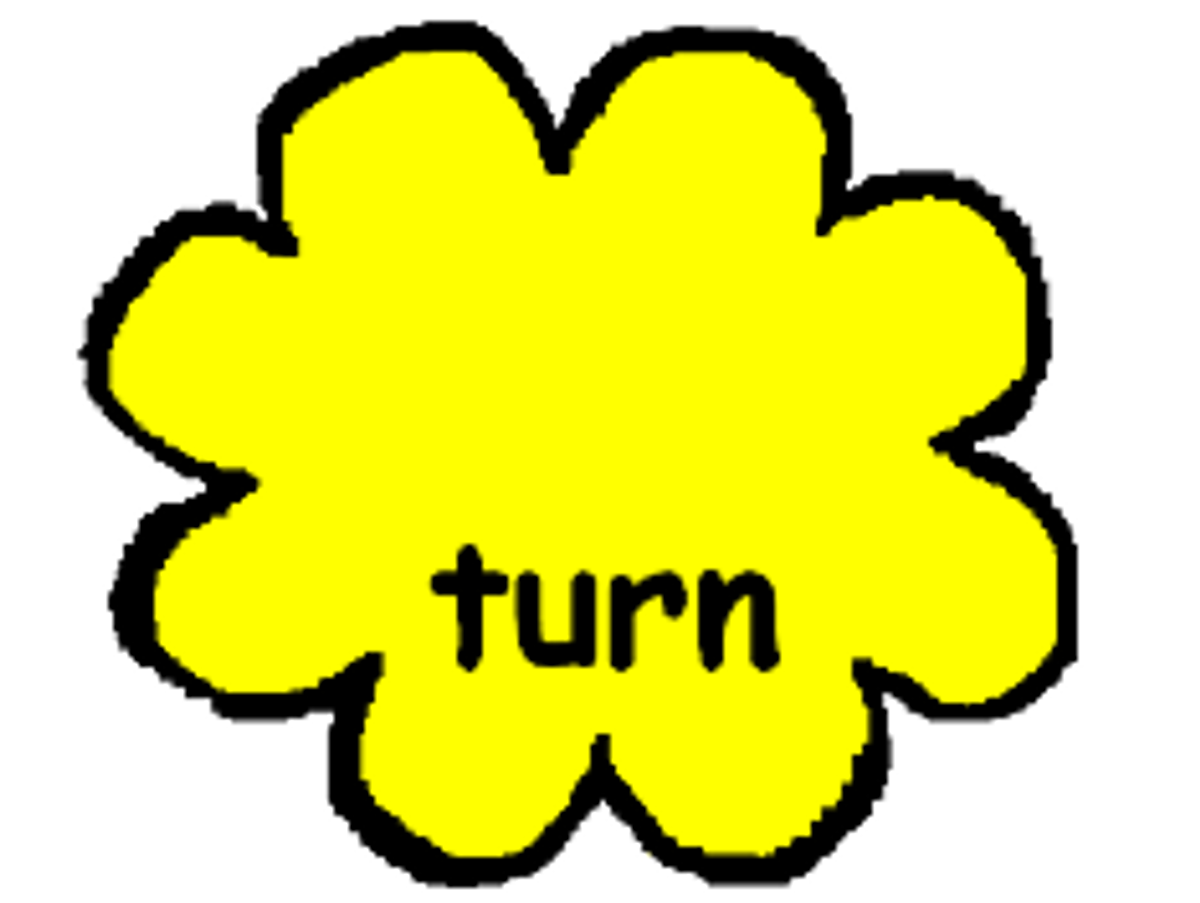

Why is it challenging?
Strategies:
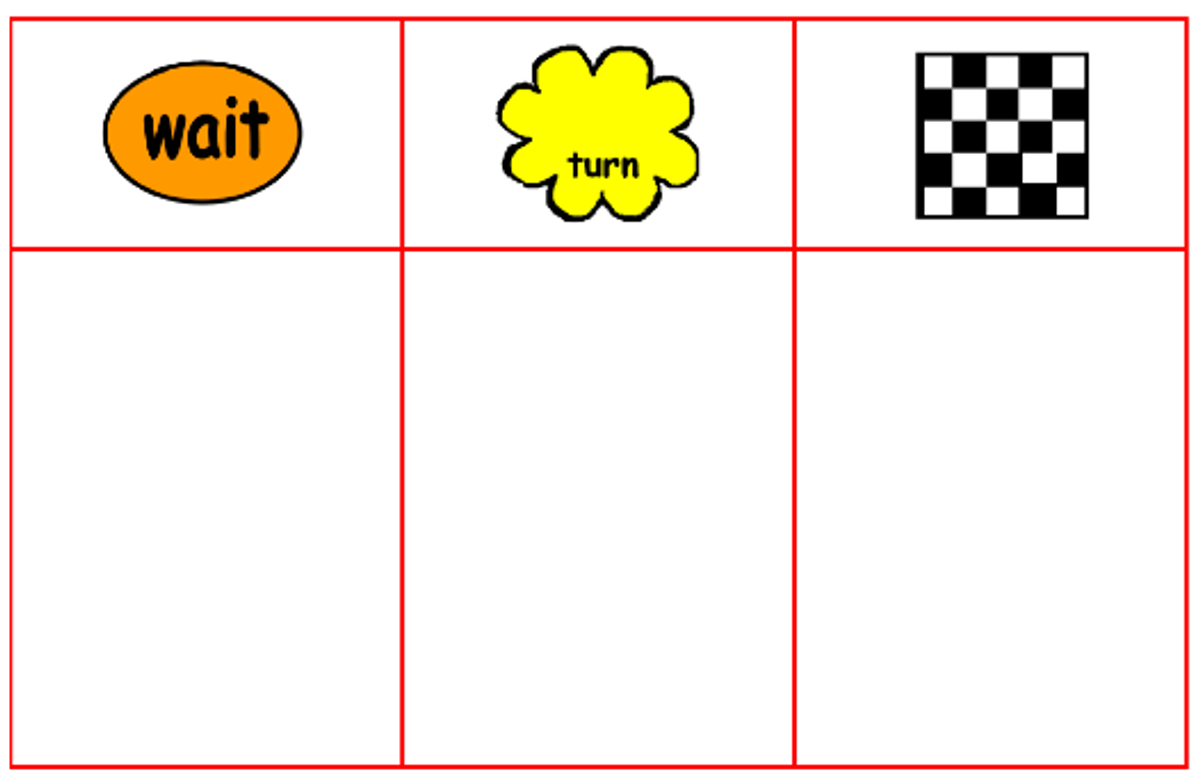

You can use this visual to support students by knowing what they are doing (waiting, their turn, finished) during a whole class or small group activities.
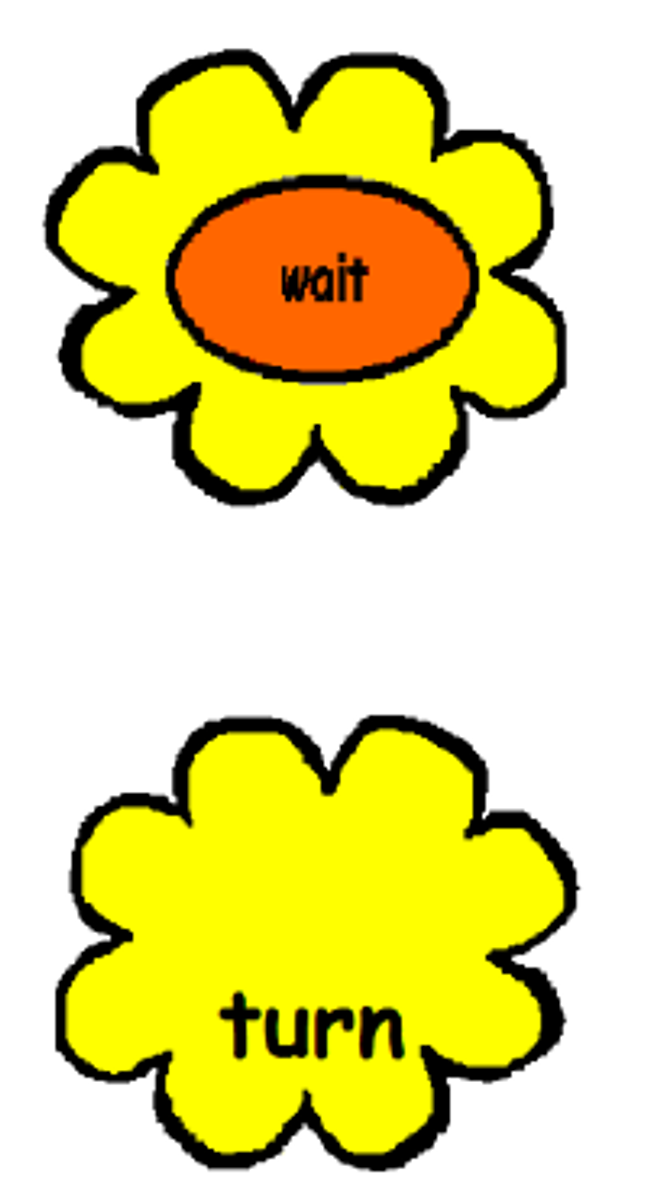

You can use this flip card to promote turn-taking/waiting during games or small group activities.
Waiting:


Why is it challenging:
Strategies:
Conclusion
Developing social skills in autistic children requires patience, consistency, and a variety of tailored strategies. By focusing on play, turn-taking, waiting, and using visual supports, students can build the social skills necessary for successful interactions. These skills not only enhance their social experiences but also contribute to their overall emotional and cognitive development. With the right support, autistic children can learn to navigate social situations effectively, leading to better outcomes in their personal and academic lives.